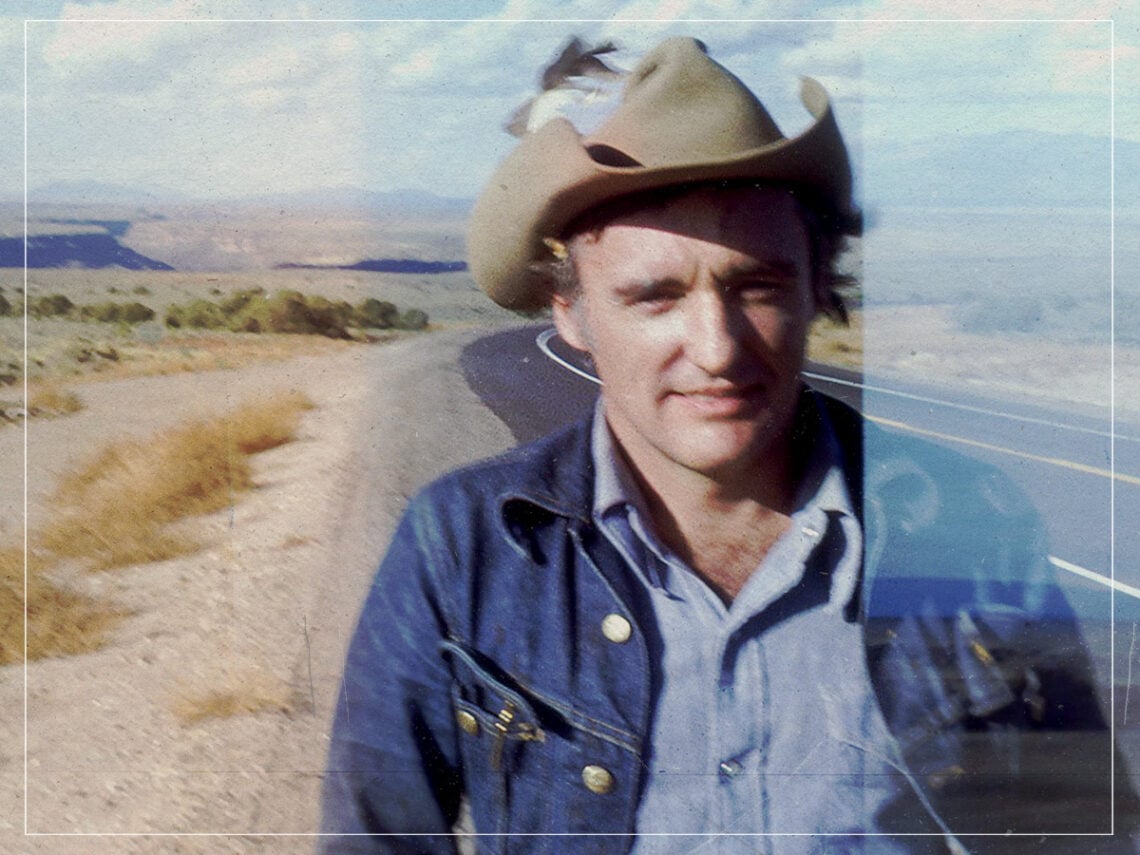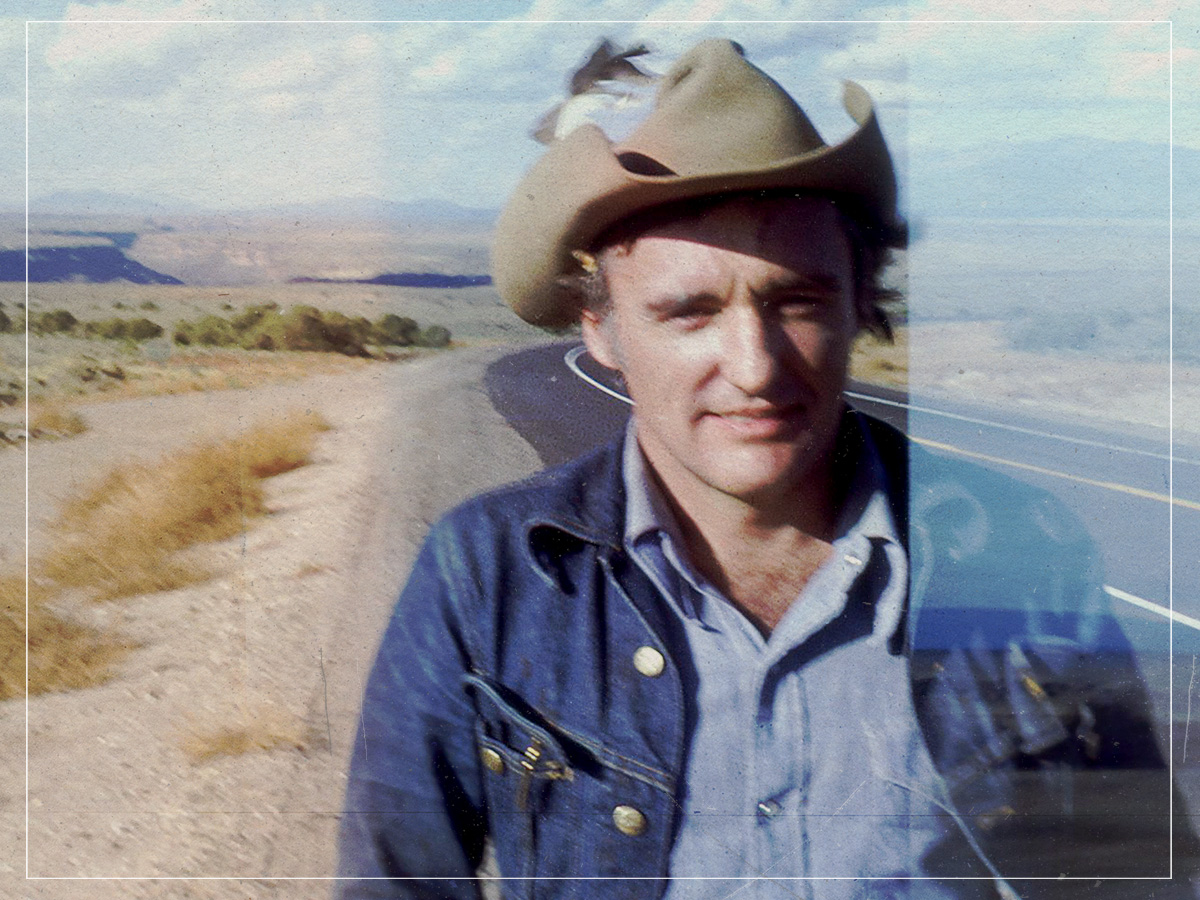
(Credits: Far Out / Universal Pictures)
Sat 13 September 2025 22:30, UK
It may surprise some people that Dennis Hopper could actually remember a full year of his career, thanks to the ‘chemical assistance’ he employed so rigorously, but indeed he could, and another surprise is that it wasn’t a year that you might expect, from back when he was one of the coolest people in movies during the late 1960s.
It came much later in a career that, despite the alcohol and the narcotics and the poor decisions, still stands up as a body of work against many great actors, with many wildly different genres and performances under his belt. That’s quite aside from the fact that he directed some 13 films, including the incredibly iconic Easy Rider in 1969.
Born in Kansas, Hopper was a child of the 1930s but moved early to California and studied theatre before later gaining a place at the prestigious Actors’ Studio on the other side of the country in New York. He went on to land a first TV role at just 18 before earning roles in two major movies, both starring James Dean.
They were the infamous Rebel Without a Cause, and the lesser-known Giant, an epic drama that was still being filmed when Dean died in a car crash. The film was a huge box office success and led to Hopper being cast in Gunfight at the O.K. Corral, this time alongside two cinematic legends in Burt Lancaster and Kirk Douglas. But Hopper had been affected by Dean’s early demise, and the signs of trouble were evident in his next movie, From Hell to Texas, where he clashed with the director Henry Hathaway, who informed him his career was over.
That didn’t prove the case, of course, but it was then he chose to try New York and then landed his first lead role in 1961. After that, he worked extensively in television for the next six years, appearing in over one hundred episodes of the likes of The Twilight Zone and Gunsmoke.
Then came his breakthrough. After a small role in Paul Newman’s Cool Hand Luke, Hopper teamed with Peter Fonda to write and direct 1969’s Easy Rider, which was a colossal global hit, capturing the zeitgeist effortlessly. But the drug taking involved took a toll on Hopper, who very quickly became addicted. He once said: “The cocaine problem in the United States is really because of me. There was no cocaine before Easy Rider on the street. After Easy Rider, it was everywhere.”
After a failed movie on which he had full creative control, Hopper descended into the depths of drug addiction and alcoholism, with little concern for his own well-being. It would take almost fifteen years before he recovered sufficiently to properly start his career again. But once he did get sober, he worked prolifically and successfully and in 1986 landed a part in David Lynch’s Blue Velvet as the villain Frank Booth, a role he was convinced he was born to play.
And it’s that year that Hopper, who died back in 2010, remembered most fondly as the highlight of his long career, saying: “The year that I made Blue Velvet I also made (Gene Hackman sports movie) Hoosiers, for which I got nominated for an Academy Award. And the same year I made a film called River’s Edge, which is a wonderful film.”
Hopper would continue that success for the next ten years or so, putting in superb performances in films like Speed with Keanu Reeves, and the Quentin Tarantino-written True Romance in 1993. In addition to acting in later years, he directed movies including Robert Duvall’s cop hit Colors, and was also an accomplished painter and poet.
Related Topics

